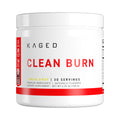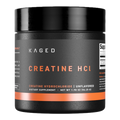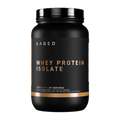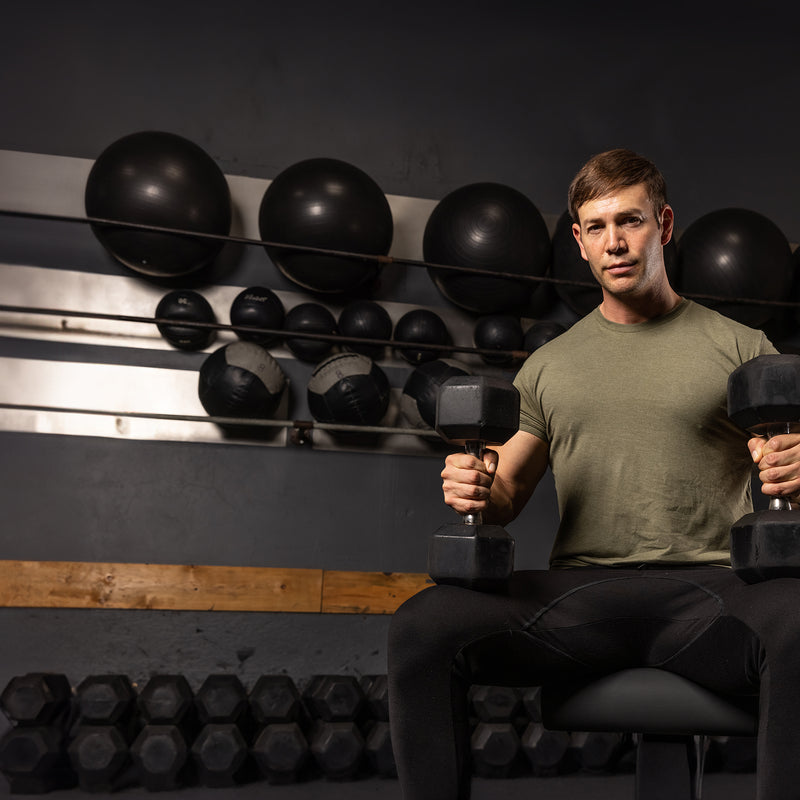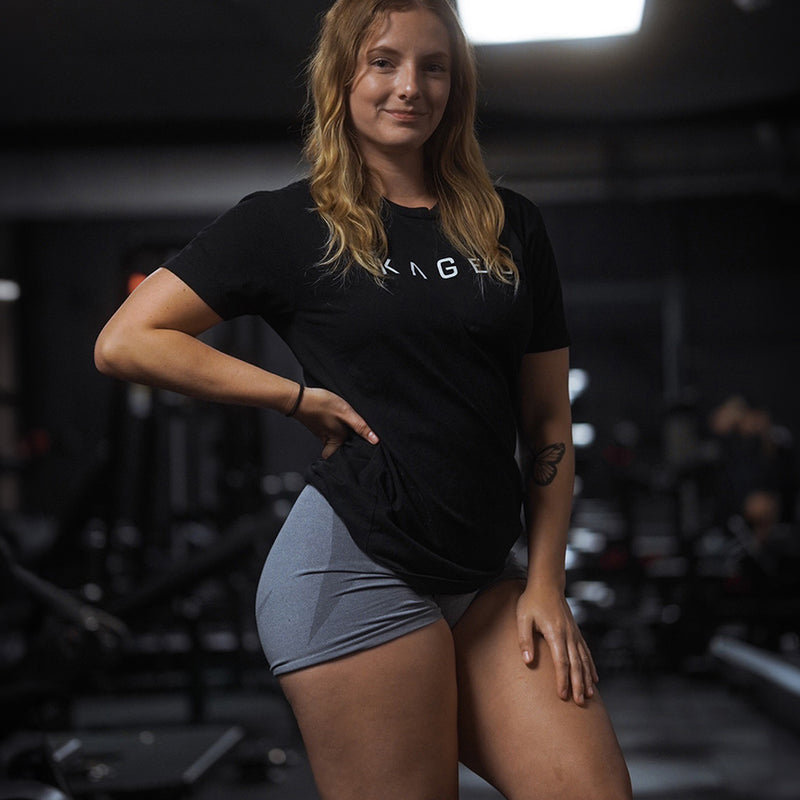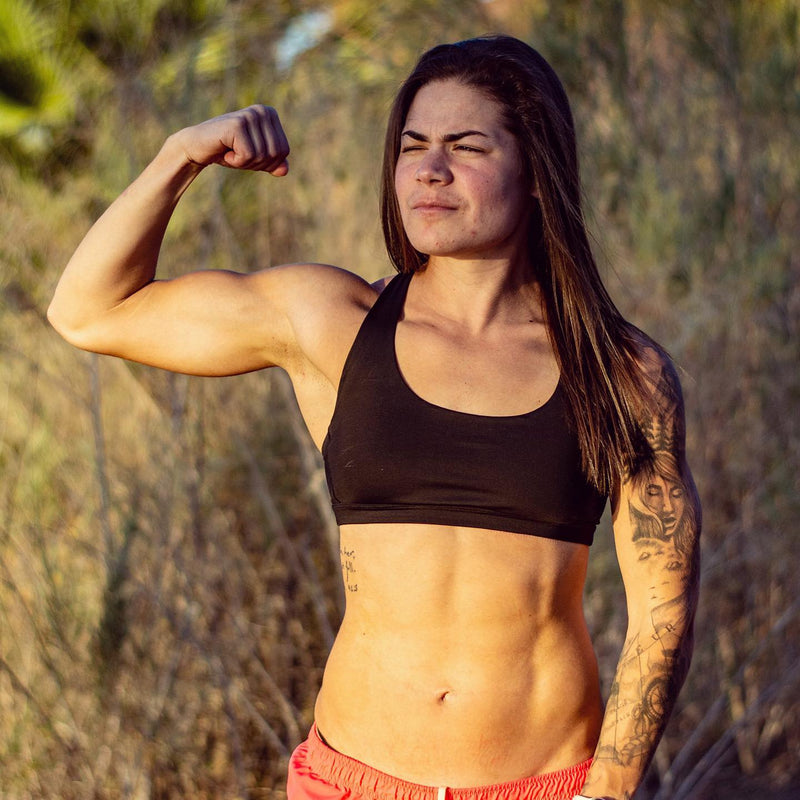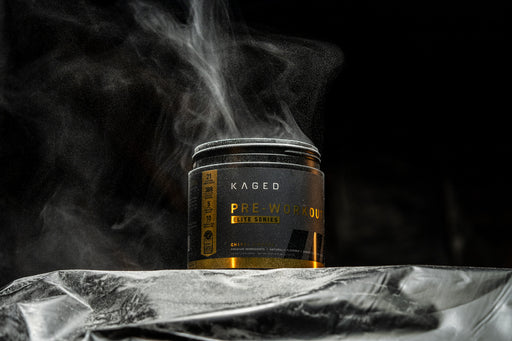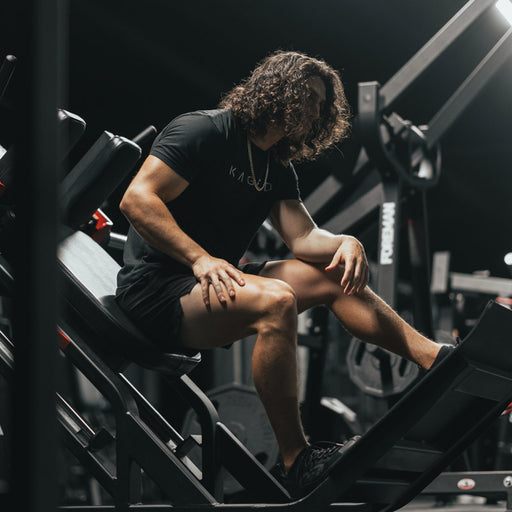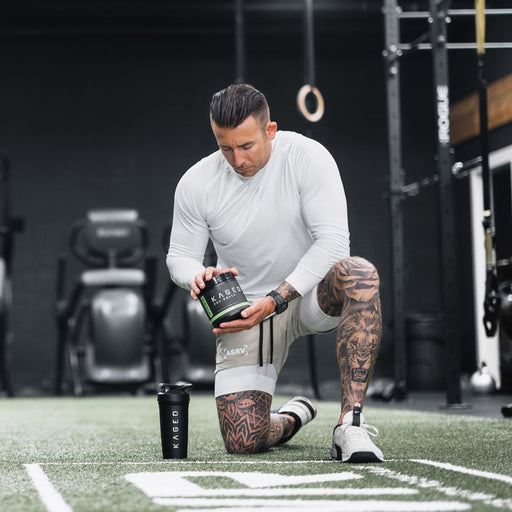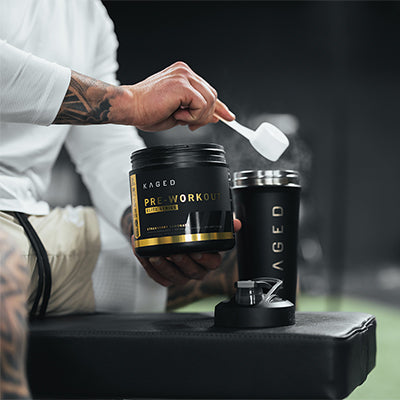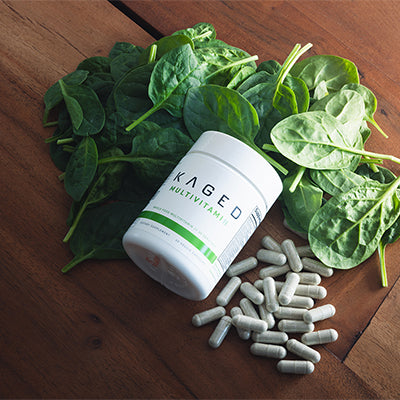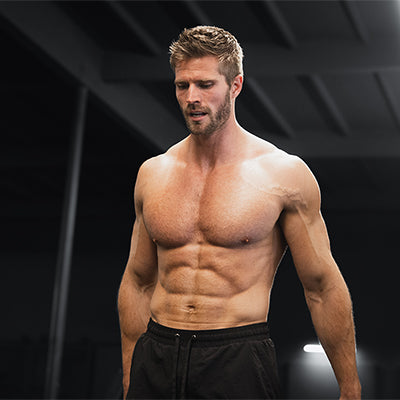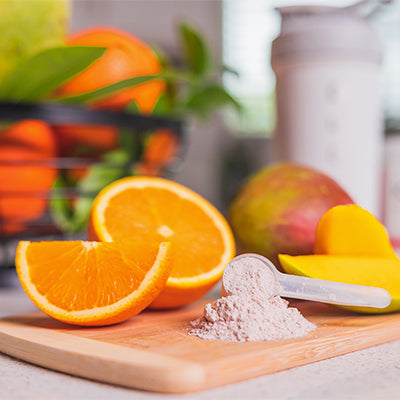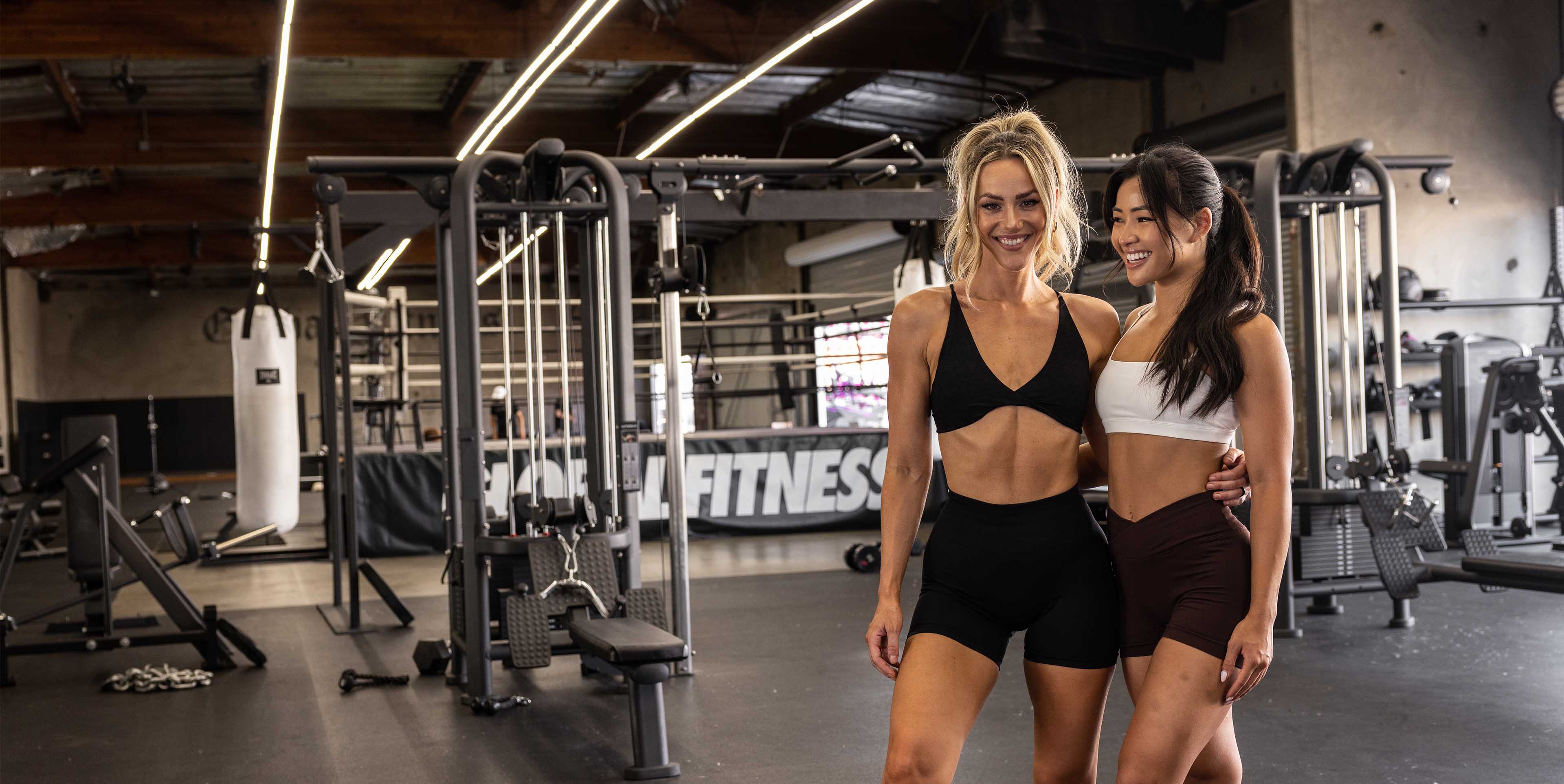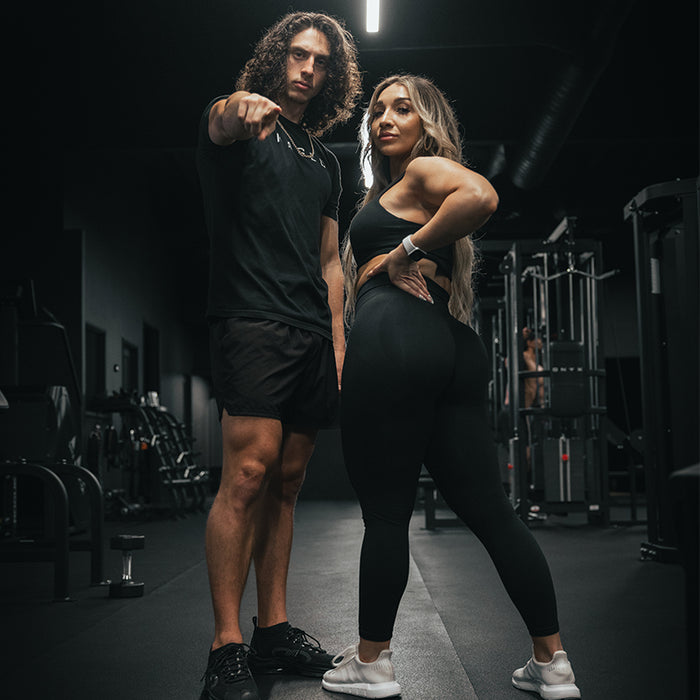Key Points
- Caffeine has been shown to be effective at increasing endurance, strength, and power measurements among athletes.
- Research shows caffeine supplementation can improve combat sports performance.
- Determine your ideal dosage and timing to optimize caffeine intake before training sessions and competition.
Foods rich in caffeine have been revered by cultures across the globe. Dating back thousands of years, caffeinated drinks have had a strong presence in society: cacao in the Americas, coffee along the Arabian Peninsula, and tea throughout Asia. However, caffeine itself wasn’t discovered until the 1800s when German scientist Friedlieb Ferdinand Runge isolated it from coffee. Since then, substantial research has examined caffeine’s ergogenic effects. In fact, the US military recently developed an algorithm to maximize the benefits of caffeine during specific times of the day.
Caffeine and Sports Performance
Athletes across the world have tapped into caffeine to give their performance a boost – whether through heightened energy or improved focus. In fact, different meta-analysis studies have found caffeine to be effective at increasing anaerobic performance, sports-specific endurance performance, as well as strength and power measurements, and is also effective at reducing perceived exertion. [1, 2, 3, 4]
Caffeine is so effective that despite being a legal substance, it’s on the World Anti-Doping Agency (WADAs) watch list for in-competition abuse. Additionally, both the International Olympic Committee (IOC) and the National College Athletics Association (NCAA) put limits on its usage, with athletes’ use to not exceed 12 mcg/ml and 15 mcg/ml respectively.
Combat Sports and Caffeine
Combat sports require substantial contributions from the ATP/PC, aerobic, and anaerobic energy systems. Attributes like endurance, strength, power, and reaction speed are coveted for success in these sports. Because of caffeine’s effectiveness for general athletic performance, researchers wanted to examine its effects on combat sports performance, specifically.
Researchers looked at over 1000 studies from 2010 through 2018, finding nine that met their study’s inclusion criteria. In total, the studies looked at 109 combat sport athletes: 42 from Brazilian Jiu-Jitsu, 33 from Taekwondo, and 34 from Judo. The researchers found caffeine to be effective in six out of the nine studies. They noted that a caffeine intake of 3-6 mg/kg before exercise was able to increase glycolytic activity and blood lactate without raising the rate of perceived exertion. In practical terms, caffeine helped fighters train more intensely without feeling as tired. Combat sports performance improved in throws completed and kicking reaction time. These improvements are beneficial across the spectrum of fighting from grappling to striking. Athletic markers associated with success in combat sports such as strength, power, and muscular endurance also improved. [5]
Caffeine and Brazilian Jiu-Jitsu
Brazilian Jiu-Jitsu (BJJ) is a ground-based grappling sport where matches range from 5-10 minutes, with athletes competing in several matches during a competition. It’s an aerobic based sport that requires high levels of muscular endurance and strength. In one of the studies examined, elite BJJ athletes supplemented with either 3 mg/kg of caffeine or a placebo. They participated in two simulated combats and had specific performance measurements done prior to the first match and after both matches were completed. The caffeine supplementation group spent more time in offensive action during their matches and showed improved sport-specific performance in the bench press, hand grip, and countermovement jump tests.
In the other BJJ-specific study, elite athletes supplemented with 3 mg/kg of caffeine 60 minutes before being tested on sport-specific performance tests. Again, the group that supplemented with caffeine displayed performance improvements such as increased muscular force, power, and endurance.
Caffeine and Judo
Judo is a clinch-based grappling sport where matches range from 3-5 minutes, with athletes competing in several matches during a competition. It’s a sport that relies heavily on the anaerobic and ATP/CP energy systems. In a study on the effects of caffeine ingestion on young judo athletes, the athletes supplemented with either 4 mg/kg of caffeine or a placebo, 60 minutes prior to doing the Special Judo Fitness Tests (SJFT). The SJFT is a formula used in judo to assess an athlete’s level of conditioning based on the number of throws completed relative to their heart rate. The researchers observed that caffeine supplementation reduced the athletes’ rating of perceived exertion, increased the number of throws completed, and improved scoring on the SJFT.
Another study looked at the separate and combined effects of caffeine and sodium-bicarbonate intake on Judo performance. The researchers had Judo athletes supplement with a placebo, sodium bicarbonate alone, caffeine alone, or sodium bicarbonate along with caffeine prior to completing three SJFT tests. The combination of sodium bicarbonate and caffeine was especially potent with this group completing the greatest number of total throws over the course of the three tests.
Caffeine and Taekwondo
Taekwondo is a standup striking-based sport with matches consisting of three rounds, each lasting two minutes. It’s a sport that relies on the anaerobic system, with sustained power output and reaction speed being valuable attributes to one’s performance. A study was done to examine the effects of caffeine ingestion on reaction time and specific taekwondo performance. The subjects supplemented with 5 mg/kg of caffeine prior to two combat matches. They performed reaction time tests (evaluating their performance on midsection kicks) prior to their first match and then two other reaction tests after each match. The researchers observed that caffeine supplementation was able to increase reaction time in non-fatigued conditions, and delayed the onset of fatigue during successive taekwondo combats.
A different study examined the effect of caffeine supplementation on reaction time in taekwondo athletes performing a roundhouse kick. The subjects supplemented with 5 mg/kg of caffeine prior to a reaction test. Their reaction time in response to a sound stimulus was measured on their roundhouse kicks. The researchers observed that caffeine supplementation improved reaction time. This reaction test method has been correlated with success in Taekwondo as reaction time to initiate a strike or counter is crucial for winning matches.
How to use caffeine for combat sports performance
The performance benefits of caffeine have been well-documented, but there are some best practice guidelines to follow to ensure you maximize its potential. Some key factors to consider:
- Numerous studies have found a dosage range of 3-6 mg/kg to be effective for enhancing performance. To start, use a dose at the lower end of the range.
- Time your caffeine intake to be about an hour before training sessions. On average, it takes about 60 minutes for caffeine to reach peak plasma levels.
- Test out caffeine supplementation in training before using it on competition day.
- Avoid excessively high caffeine intake. Doses of 9 mg/kg and up have been linked to decreased performance and adverse side effects like elevated heart rate, gastrointestinal issues and upset, as well as anxiety.
- If you’re concerned about caffeine impacting sleep, try cutting off your intake six hours before your bedtime. Caffeine has an average half-life of about six hours, although some people are more sensitive to it and effects may last longer.
Finally, for the purposes of improving sports performance, it’s advised to use caffeine in supplemental forms like PurCaf® as it allows for more precise dosing. Research shows that caffeine content in foods can vary greatly. In fact, one study found that the caffeine content of the same coffee beverage purchased from the same store on six consecutive days, varied from 259-564 mg/dose. [6] Taking a supplement form of caffeine, such as a pill, ensures you know exactly what dose you’re getting, which you can easily monitor to find your optimal amount for performance enhancement.
References
[1] Doherty, M., & Smith, P. M. (2005). Effects of caffeine ingestion on rating of perceived exertion during and after exercise: A meta-analysis. Scandinavian Journal of Medicine and Science in Sports, 15(2), 69-78. doi:10.1111/j.1600-0838.2005.00445.x
[2] Ganio, M. S., Klau, J. F., Casa, D. J., Armstrong, L. E., & Maresh, C. M. (2009). Effect of caffeine on sport-specific endurance performance: A systematic review. Journal of Strength and Conditioning Research, 23(1), 315-324. doi:10.1519/jsc.0b013e31818b979a
[3] Grgic, J., Trexler, E. T., Lazinica, B., & Pedisic, Z. (2018). Effects of caffeine intake on muscle strength and power: A systematic review and meta-analysis. Journal of the International Society of Sports Nutrition, 15(1). doi:10.1186/s12970-018-0216-0
[4] Grgic, J. (2017). Caffeine ingestion enhances Wingate performance: A meta-analysis. European Journal of Sport Science, 18(2), 219-225. doi:10.1080/17461391.2017.1394371
[5] López-González, L. M., Sánchez-Oliver, A. J., Mata, F., Jodra, P., Antonio, J., & Domínguez, R. (2018). Acute caffeine supplementation in combat sports: A systematic review. Journal of the International Society of Sports Nutrition, 15(1). doi:10.1186/s12970-018-0267-2
[6] Mccusker, R. R., Goldberger, B. A., & Cone, E. J. (2003). Caffeine content of specialty coffees. Journal of Analytical Toxicology, 27(7), 520-522. doi:10.1093/jat/27.7.520

